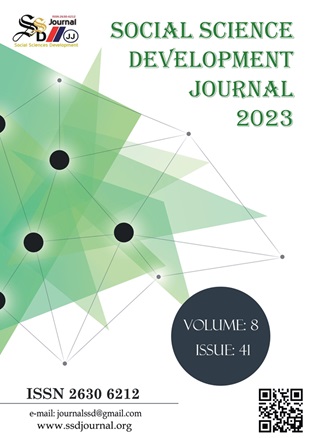THEORY OF MIND AND PROSOCIAL SKILLS IN ADOLESCENTS IN PROTECTIVE CARE
DOI:
https://doi.org/10.31567/ssd.1099Keywords:
Theory of Mind, Adolescence, Prosocial skills, Institutional care, Protective careAbstract
Theory of Mind (ToM), in its most general form, can be defined as being aware that other people
have feelings and thoughts that are different from one's own. Understanding the feelings and
thoughts of others allows a person to interpret messages from them correctly, thus leading to
socialization and positive interpersonal relations. All of this results in prosocial behaviors such as
helping others and doing something for their benefit, mutual aid, sharing, solidarity, and
cooperation because it is almost impossible to help the other person appropriately without
understanding what they need.
The main purpose of this study is to examine what kind of relationship exists between the ToM and
prosocial skills. Our goal with this study was to highlight how the social environment affects
development by working with 100 children who were in protective care during adolescence, a time
when they are experiencing many social and cognitive changes in their lives.
We collected the data using the Faux Pas Recognition Test (FPRT) and the Adolescent Prosociality
Scale and concluded that there is a positive significant relationship between mind theory skills and
prosocial skills and that mind theory skills are a significant predictor of prosocial skills.
The results we obtained also prove that mind theory skills are social skills as well as cognitive ones.




